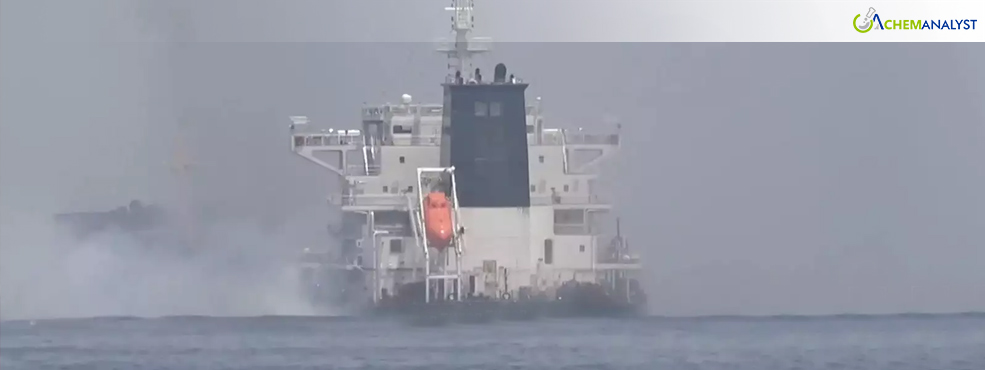Welcome To ChemAnalyst

The recent Houthi warnings targeting commercial shipments, is expected to have a dreading impact on global trade activities in the upcoming months, particularly altering the shipping routes critical to international commerce. These warnings pertain against the vessels linked to Israeli ports or to the countries like the US and the U.K. In an email to a significant Greek shipper, the Iranian backed Houthi militia mentioned that if the shipping companies continued to violate their terms of agreement, then these players will be responsible for the consequences.
As the Houthi’s intensified their campaign since November of 2023, a number of shipping companies have rerouted their vessels around Cape of Good Hope, significantly extending the lead times and cost of transport. On the other hand, other significant players like Mediterranean Shipping Company and Maersk have completely halted their vessels through Red Sea. These extreme measures have already resulted in the fall of total traded volumes through the region by 55% and increase in vessel traffic of Cape of Good Hope by a good 100%. Moreover, given the current circumstances, the industries also fear the risk of increasing insurance premiums, which earlier surged by almost 0.7-2%. During the late months of 2023, some of the small insurers even opted out of providing insurance coverage, leaving a large majority of vessels struggling for protection against the Houthi attacks.
Moreover, the global community is also concerned about the geopolitical ramifications of these warnings. The Houthi actions have already disrupted the shipping lanes which account for almost 30% of world container traffic. This was evident in the trade figures of several commodities such as benzene, styrene, etc. Meanwhile, the prices of commodity such as crude oil inclined abruptly from an average of 73 USD/Barrel in December 2023 to 85 USD/Barrel in April’24. Further, the shipping companies tripled their container prices from Asia to Europe to accommodate the ill-effects of these uncertainties. Therefore, the possible extension of these attacks might permanently alter the picture of trading between the nations and the pricing history of chemical commodities in the coming times.
Also, the economic implications of these warnings are also a major concern for the market players. As the shipping prices incline and transit time extend, so does the inflation meter. This will eventually be boarded by the consumer sector, straining the economic growth of global markets significantly. As in the past, the North American and European regions experienced a notable surge in the prices of several major commodities and with these turbulent shipping situations, the surge might become much steeper.
Therefore, it is anticipated that these threats might actually cause long term changes into international commerce and hence, in conclusion, they will not only target the myopic sectors such as insurance, vessel transport, etc., but also will have a prominent effect on shaping the trajectory of global economies in the upcoming times.
We use cookies to deliver the best possible experience on our website. To learn more, visit our Privacy Policy. By continuing to use this site or by closing this box, you consent to our use of cookies. More info.
